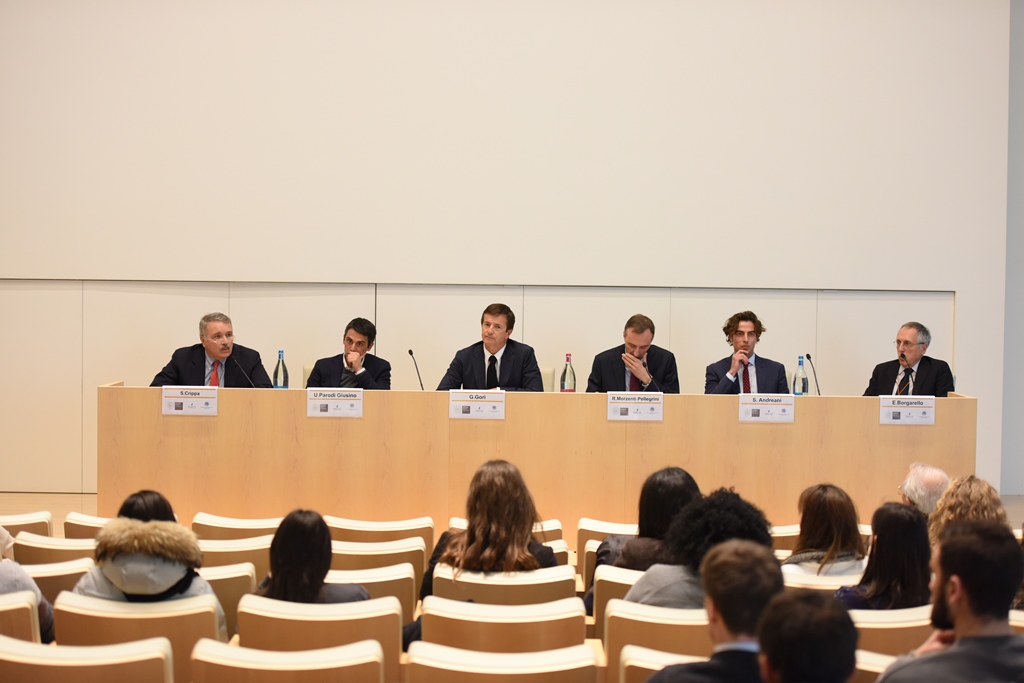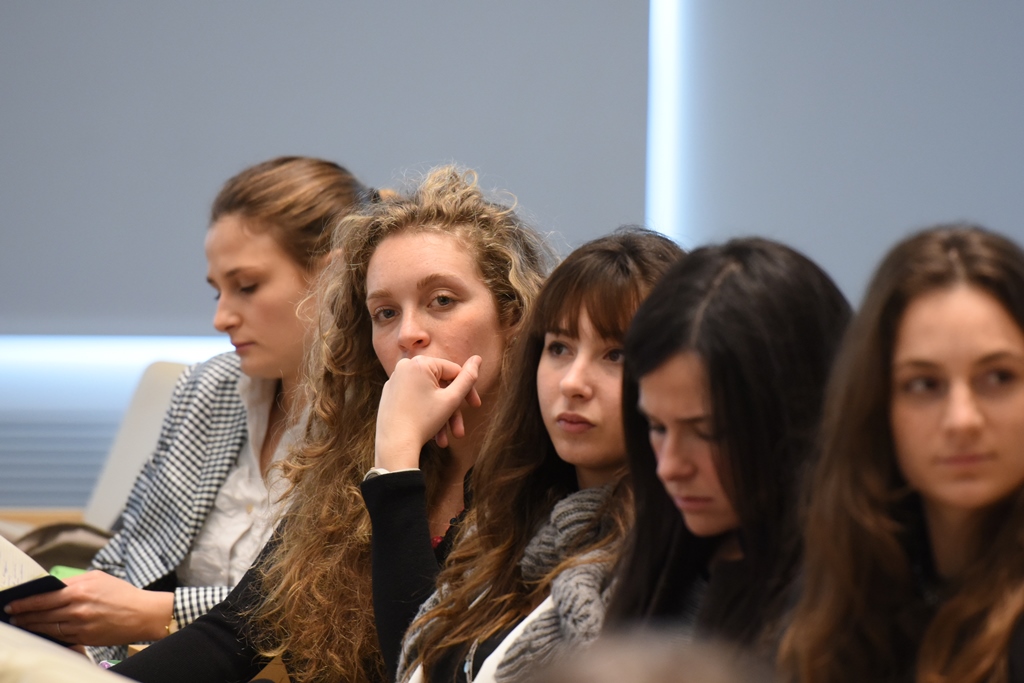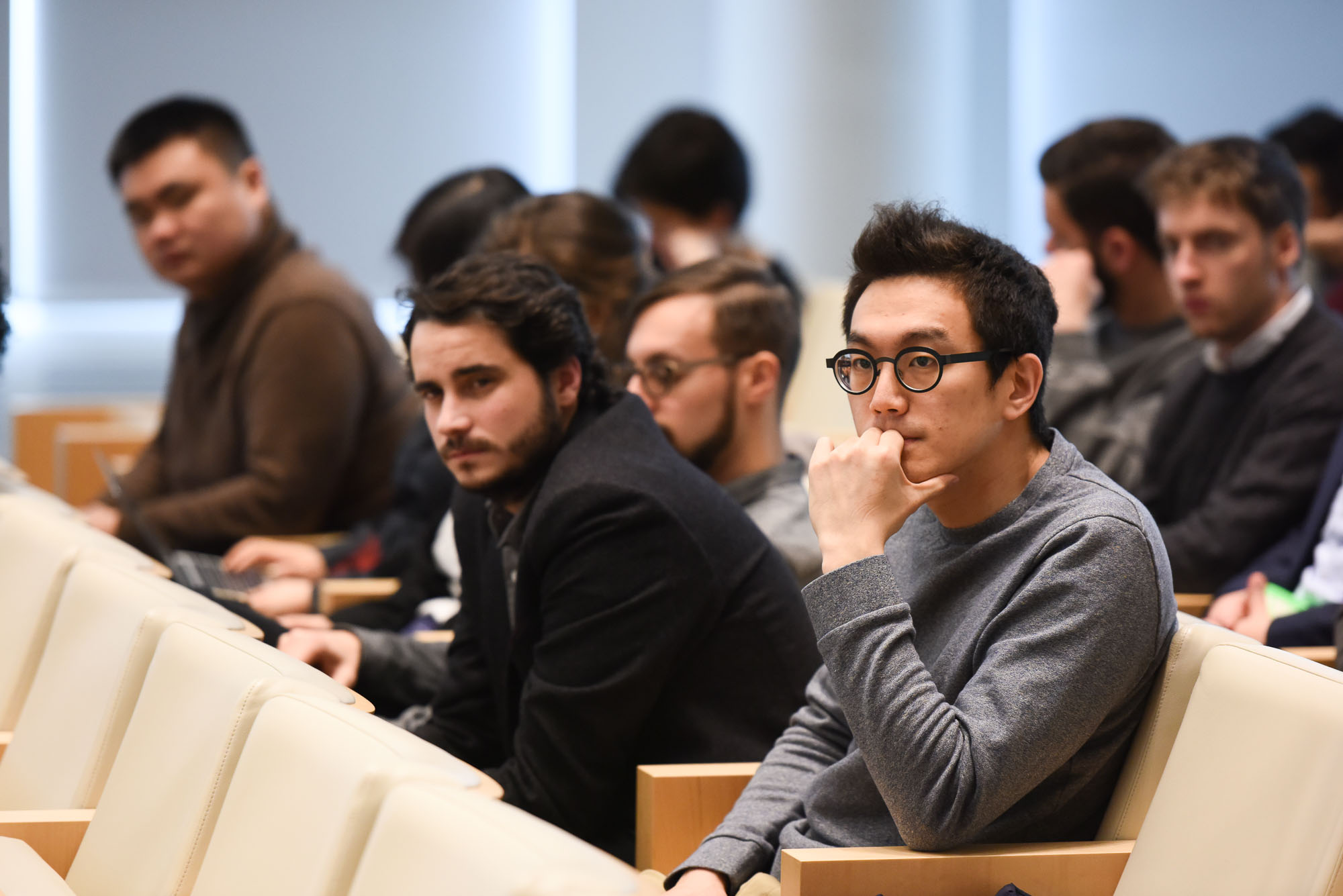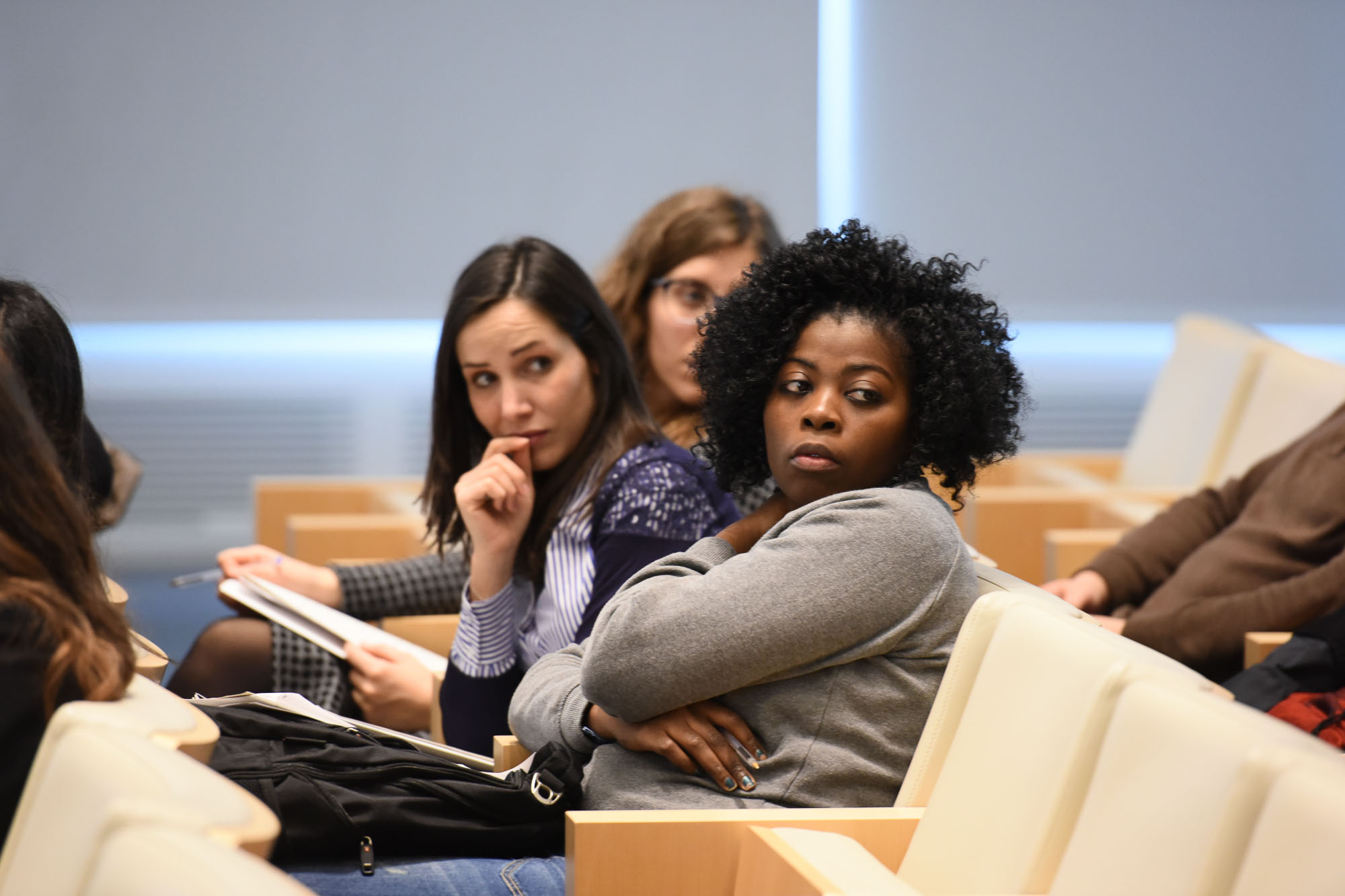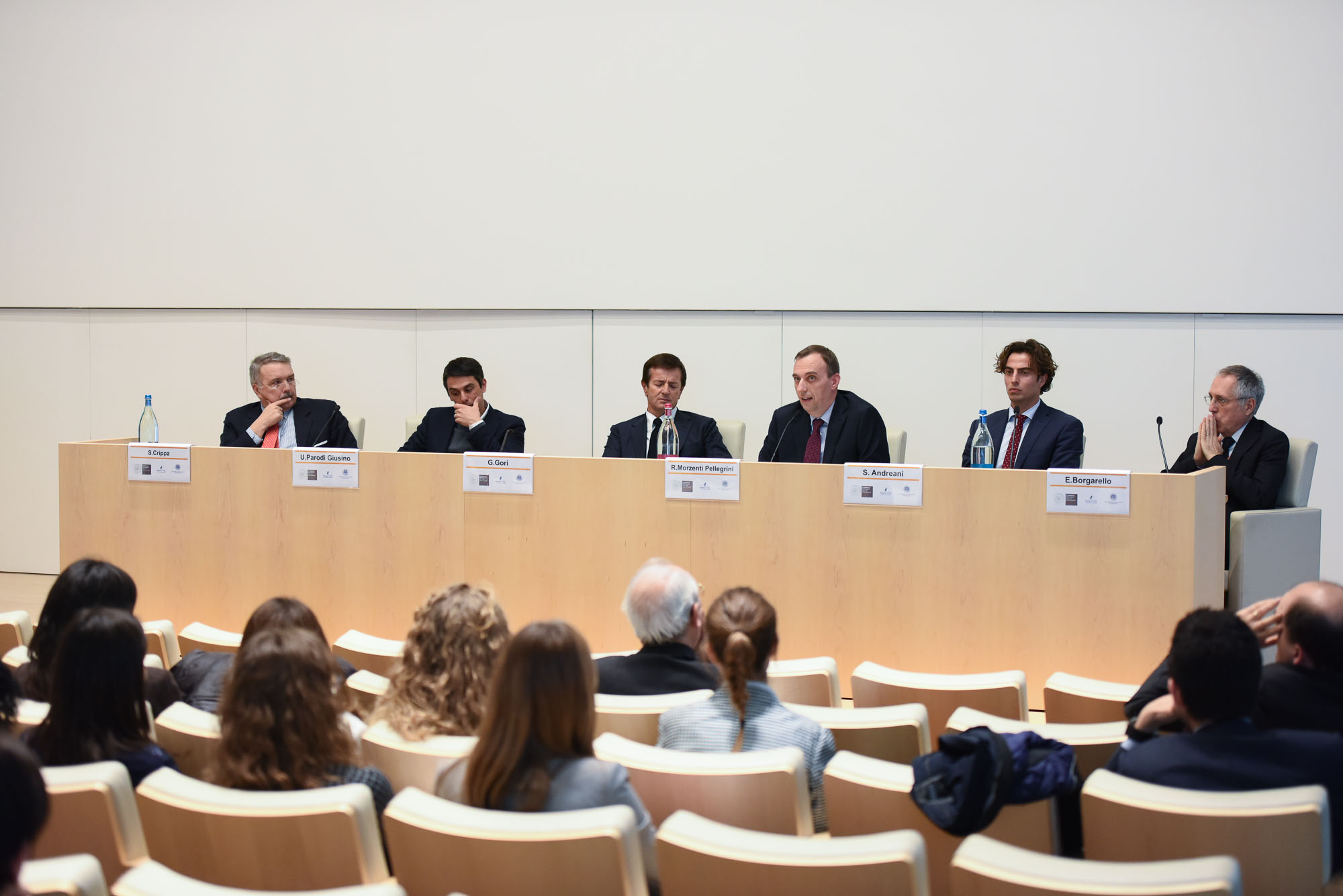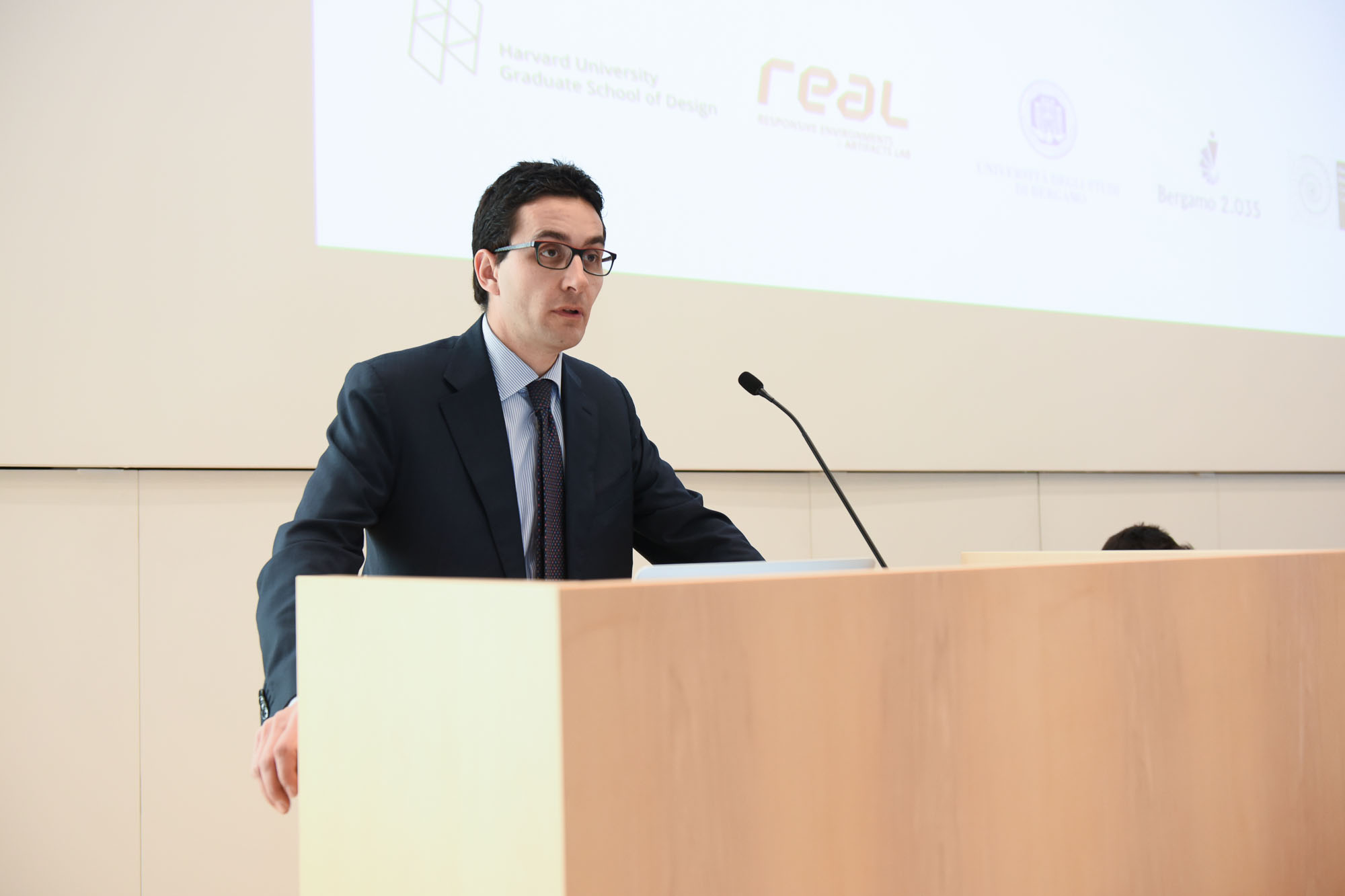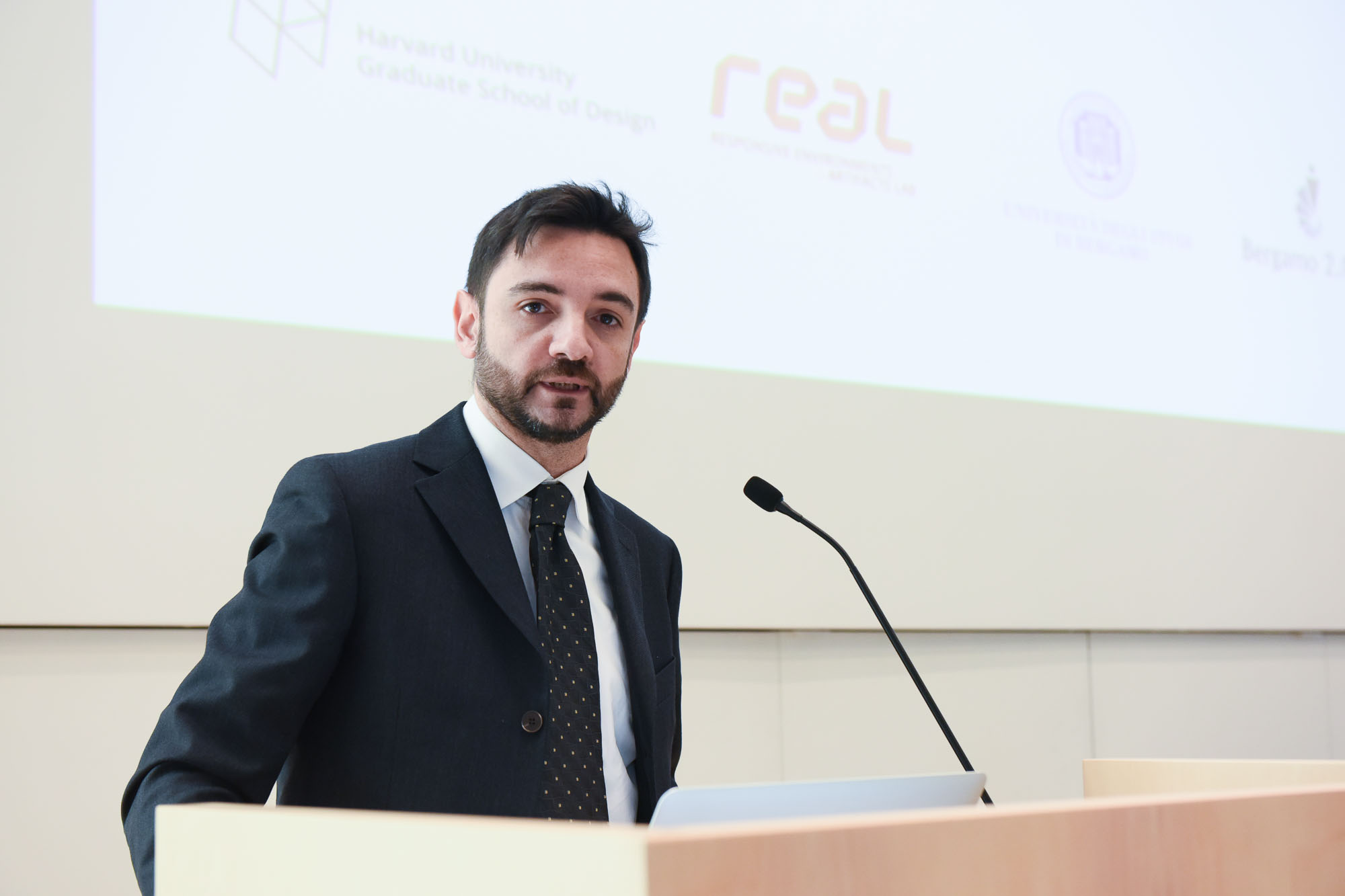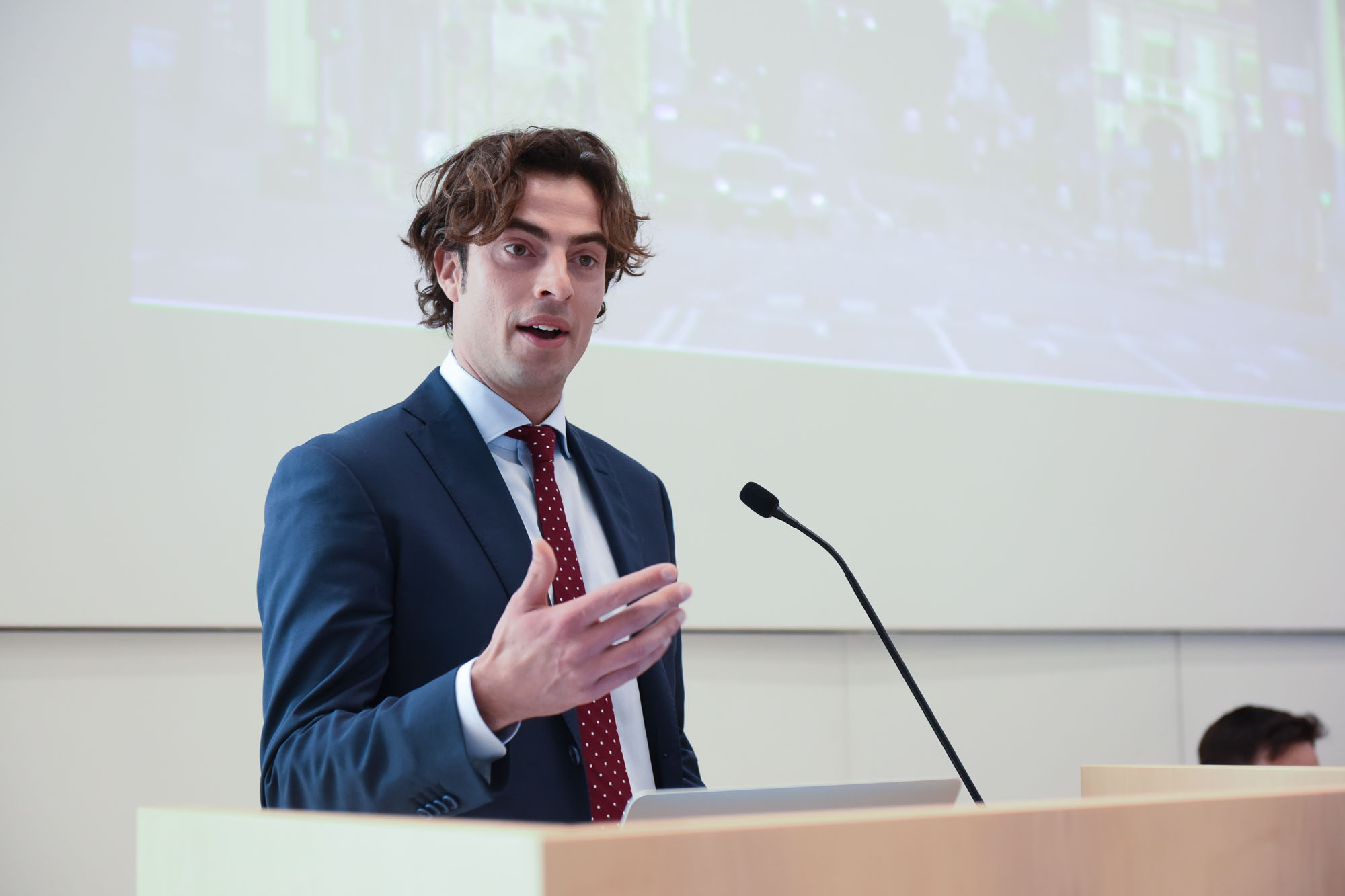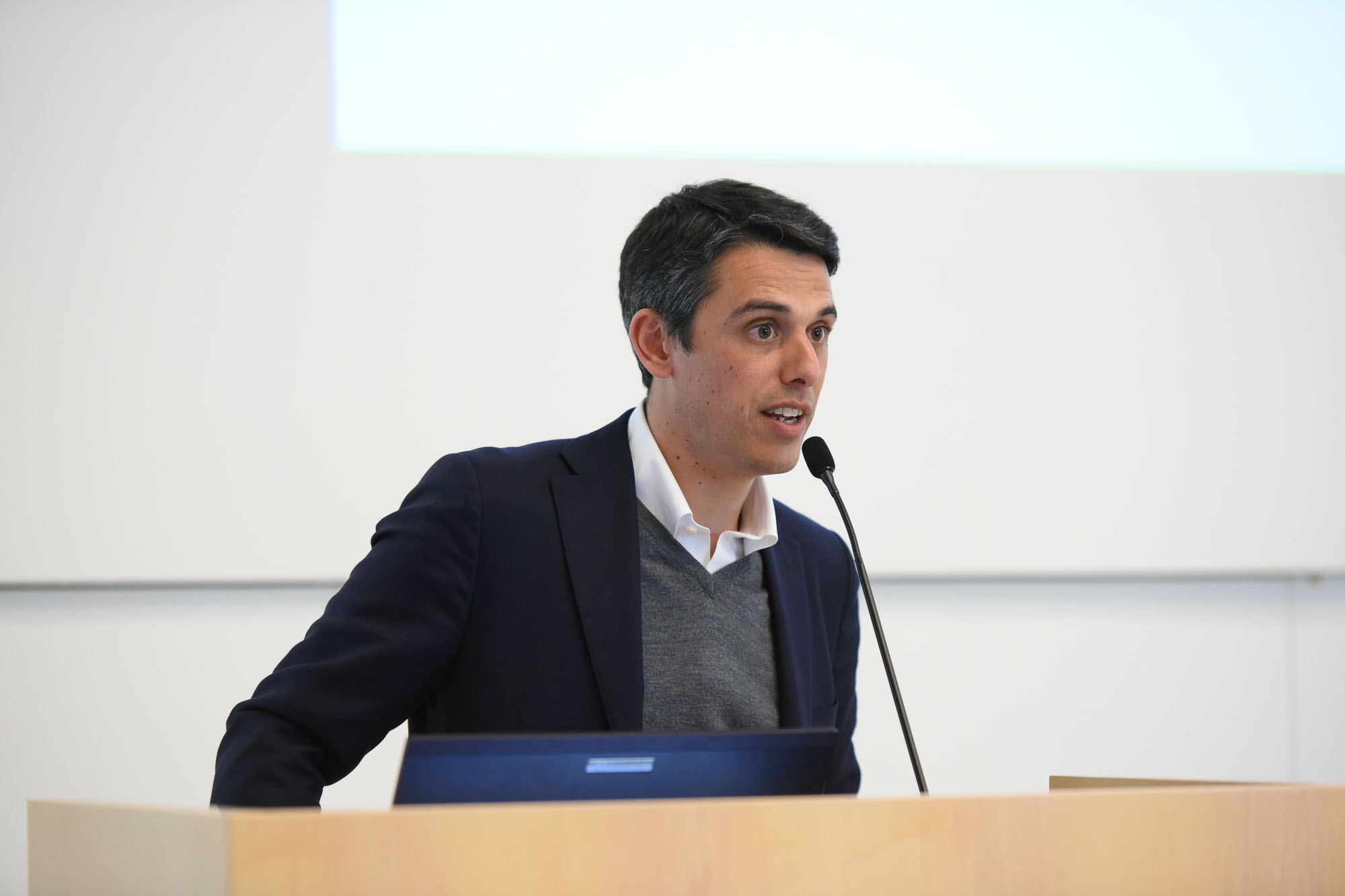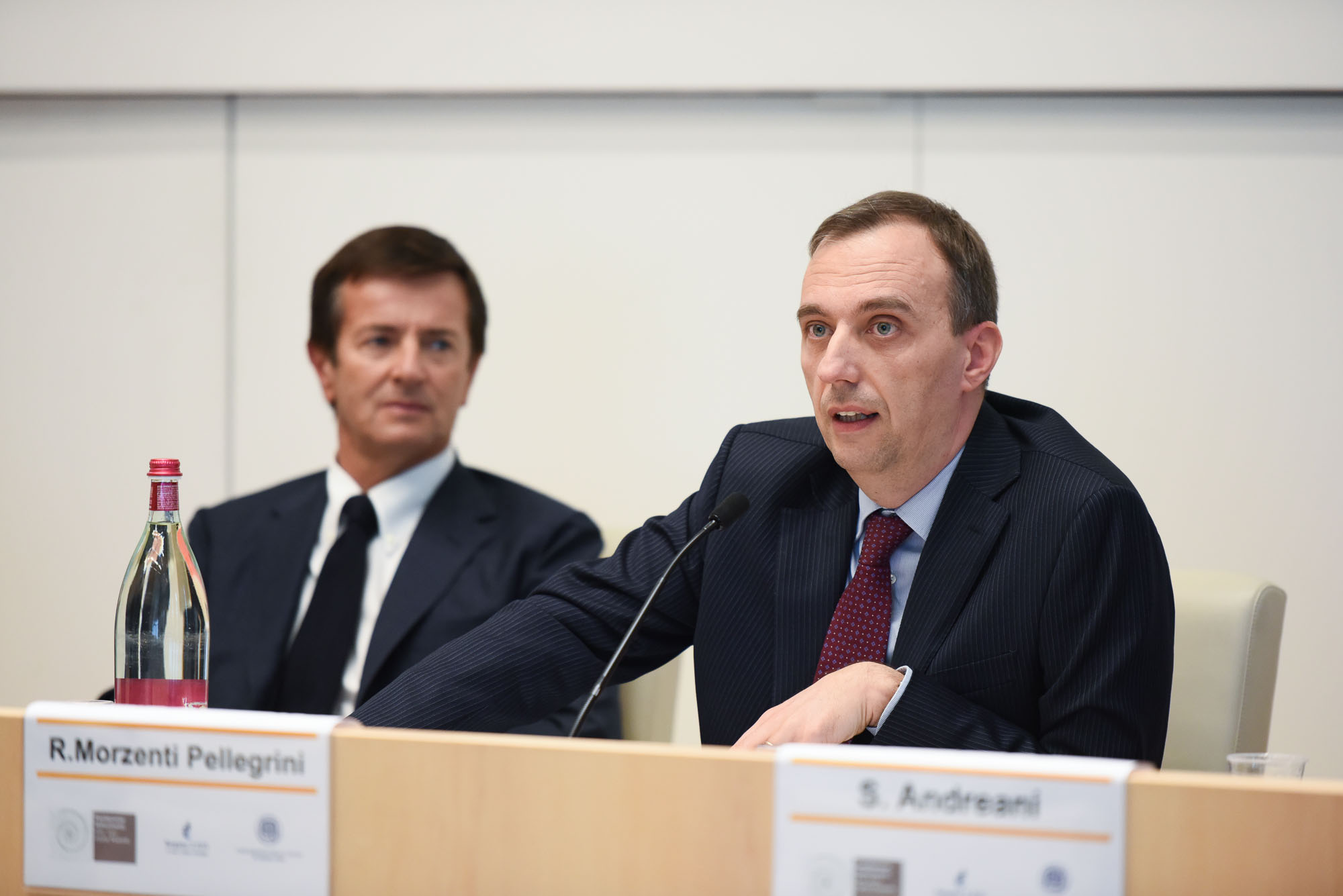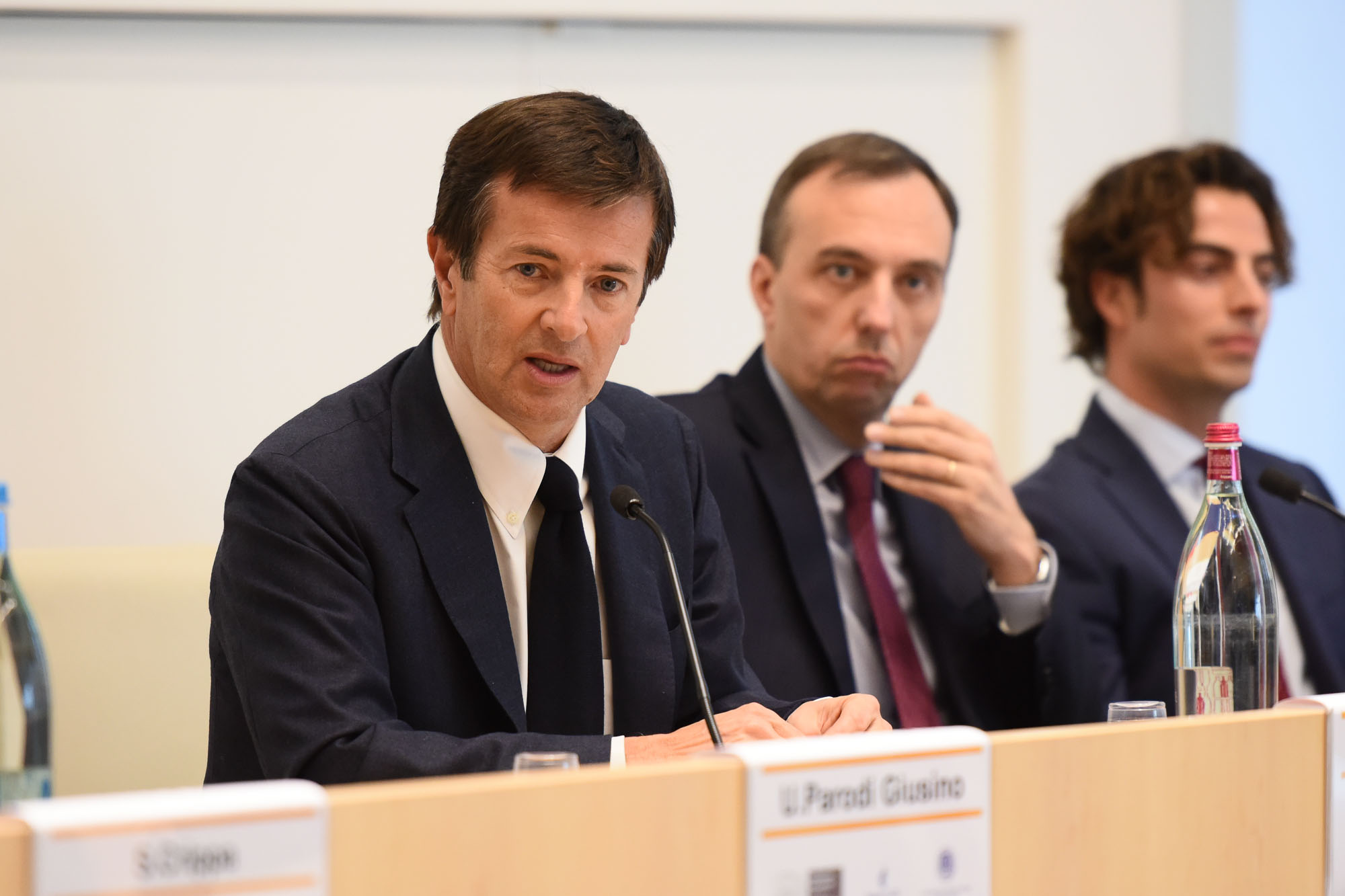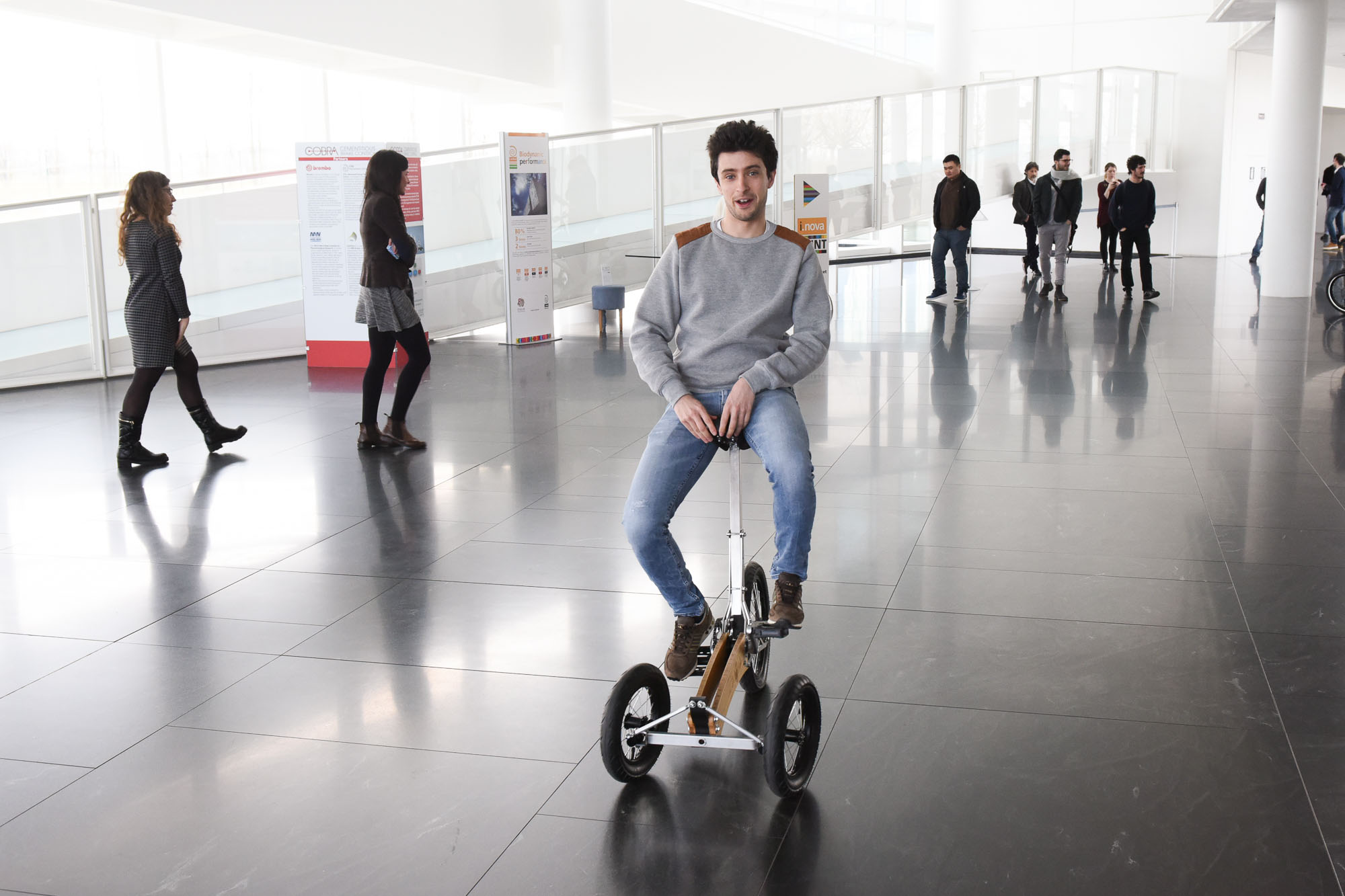Two universities at work for an smarter mobility in Bergamo.
Bergamo, 24 February 2016 – The Bergamo 2.035 research project supported by the Pesenti Foundation and the University of Bergamo, with the scientific collaboration of the Harvard University Graduate School of Design and in partnership with the Municipality of Bergamo, is continuing this year as well with a new feature: intelligent and sustainable mobility in urban and peri-urban areas.
The Bergamo 2.035 project has started a new operational phase today hosting a workshop gathering students and local stakeholders, and with the participation of the Councilor for Mobility of the Municipality of Bergamo, Stefano Zenoni. They worked together to produce a research study identifying sustainable and social solutions for new intelligent transportation systems, reconciling economic and social development with the environment.
Urban Mobility and Analysis
Today’s workshop is one of the moments of confrontation of the “Urban Mobility and Analysis” project, included in the “REAL Cities – Bergamo 2.035 | Smarter Citizens” multi-year research program for the 2015-2016 academic year. Fifteen Harvard students took part in today’s workshop. They will stay in Bergamo for a week to work “side by side” with their Italian teammates.
“Addressing mobility issues within the project ‘Bergamo 2.035’ and the student–teacher exchange program with Harvard University,” City Mayor Giorgio Gori underlined, “is a really important project that matches a key area of interest for our Administration. Car sharing, comprehensive city parking review, electronic ticketing systems and bike sharing implementation are just some of the initiatives in progress to improve mobility.”
“The city of Bergamo must address some critical issues arising from a road network unable to cope with current traffic volumes: about 70,000 people, including workers, students and tourists, enter the city daily. We need to adopt courageous solutions providing sustainable improvement of the internal road network. That’s why any suggestions by people from different countries, such as the Harvard students, are very important to us.” .
BERGAMO 2.035: AN INTERNATIONAL PROJECT
A new international dimension for Bergamo 2.035. “This research project in three phases has now taken on international importance,” University of Bergamo Rector, Remo Morzenti Pellegrini stated, “becoming a reference model to enhance the role and value of small and medium sized cities in regions of rapid economic and urban growth.”
“At the end of April, Bergamo 2.035 will arrive in China as one of the International Best Practices in the field of Smart Cities. We have been invited to present our research project at the Italian Pavilion of Shanghai Technology Fair, where Italy will be this year’s Guest Country of Honor.”
“In the Italian Pavilion dedicated to Smart Cities, Bergamo 2.035 will introduce a new concept of smart city, enhancing the role of citizens as the major driver for continuous social innovation and not as a passive user of technology-based services, often ignored in the smart city discussion.”
SMART MOBILITY, A PRIORITY OBJECTIVE ALSO FOR BUSINESSES
The Pesenti Foundation has established and supported the Bergamo 2.035 research project,” explained Enrico Borgarello, Research and Innovation Director, “to provide a concrete contribution and innovative solutions enriching people’s daily lives.
Smart mobility is a daily commitment: our headquarters are equipped with bicycles and electric vehicles to move around in a more sustainable manner.”
1-Press releasempa Bergamo 2.035 2-Urban Mobility 3-Bergamo 2.035 4-Pesenti Foundation 5-Mosaicoon 6-Guest Speakers 7-Students www.bergamo2035.it
Gallery
